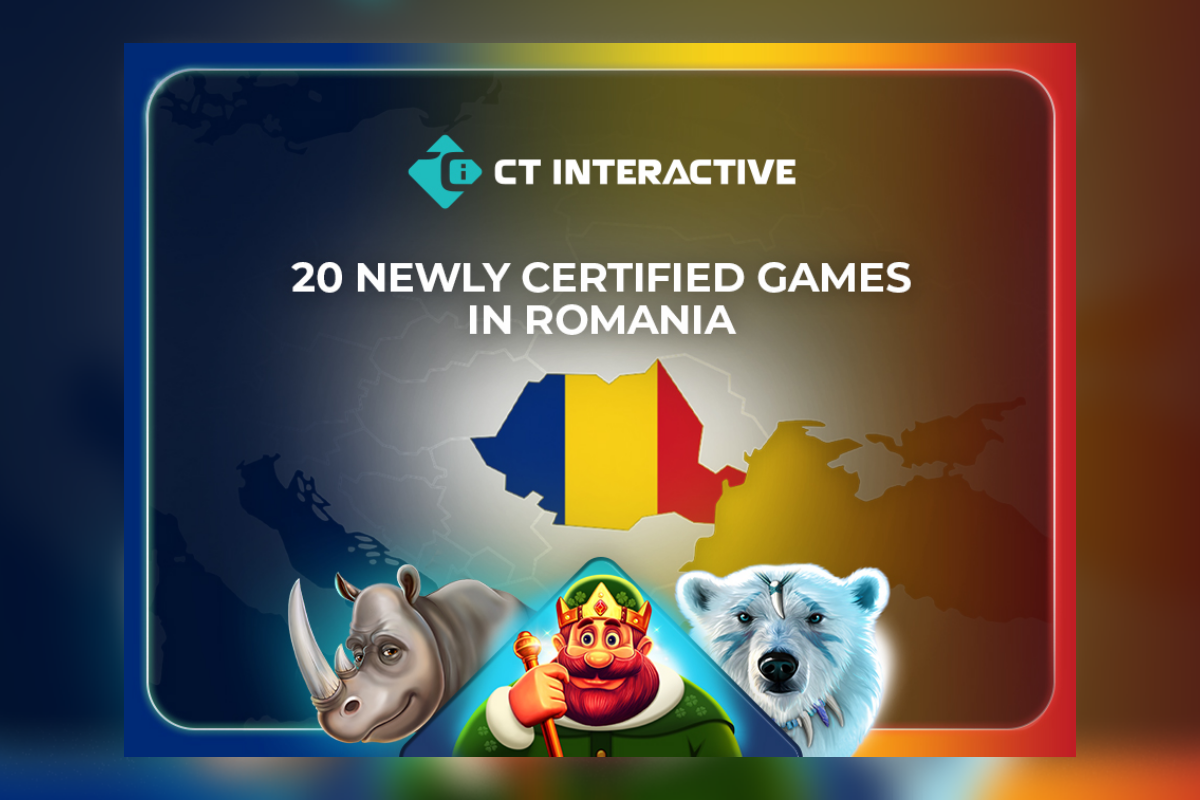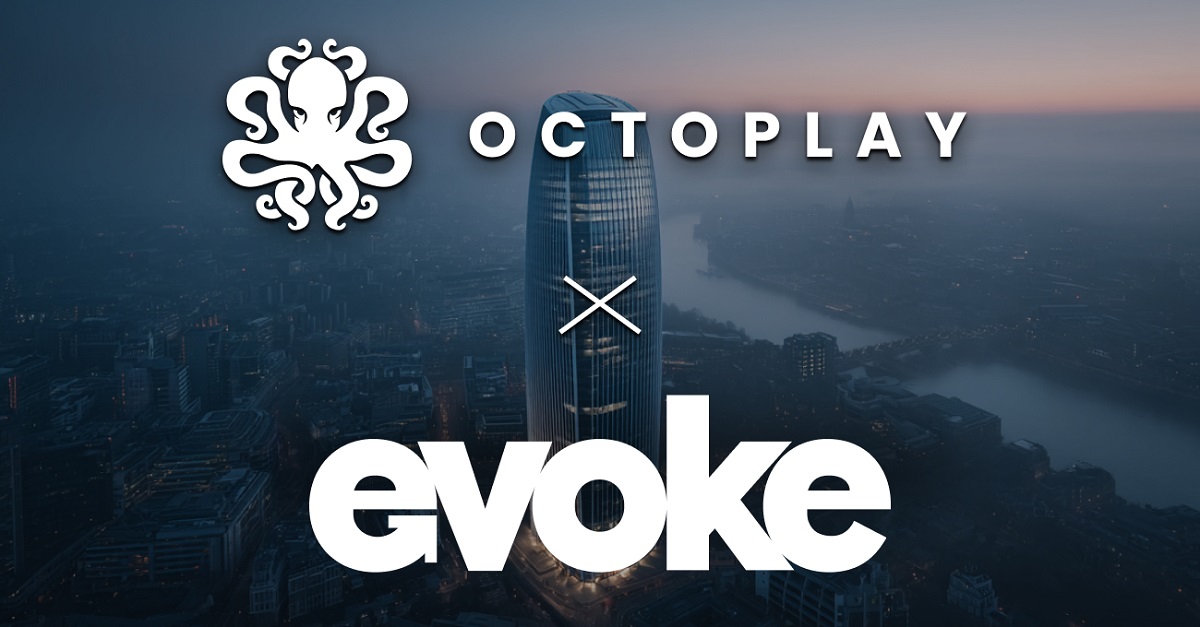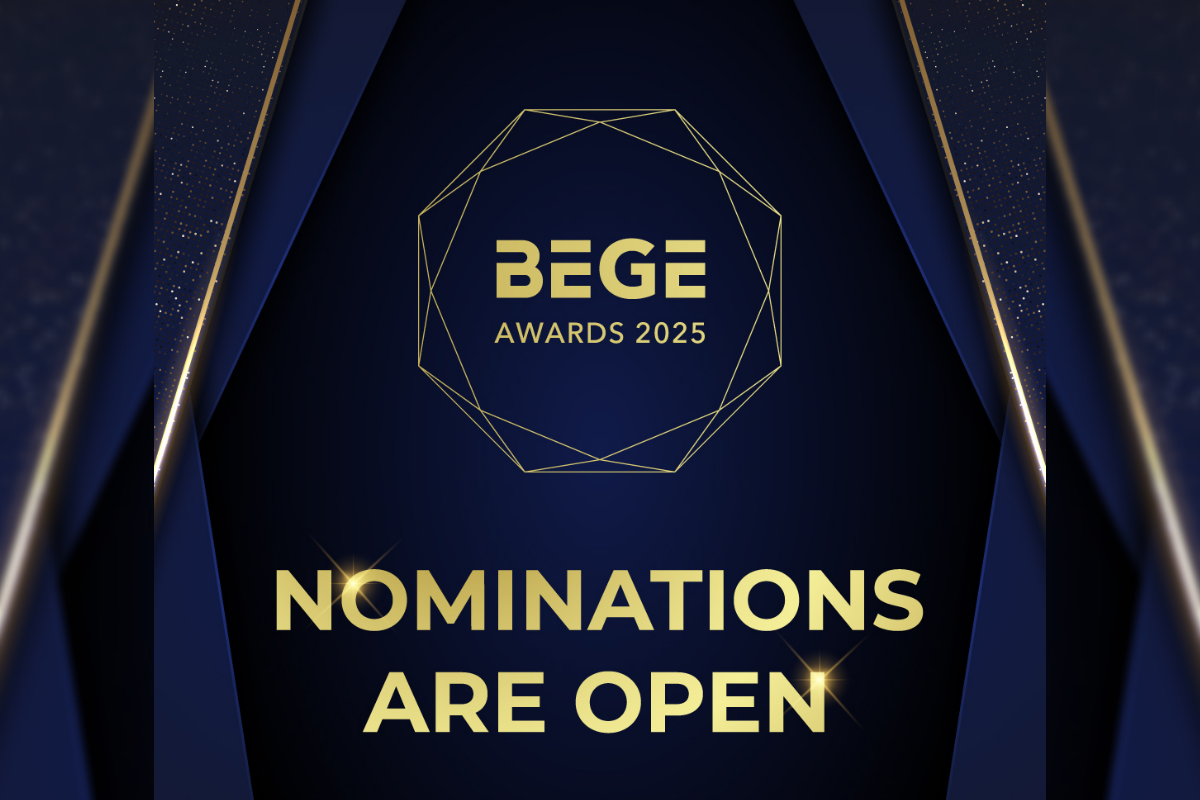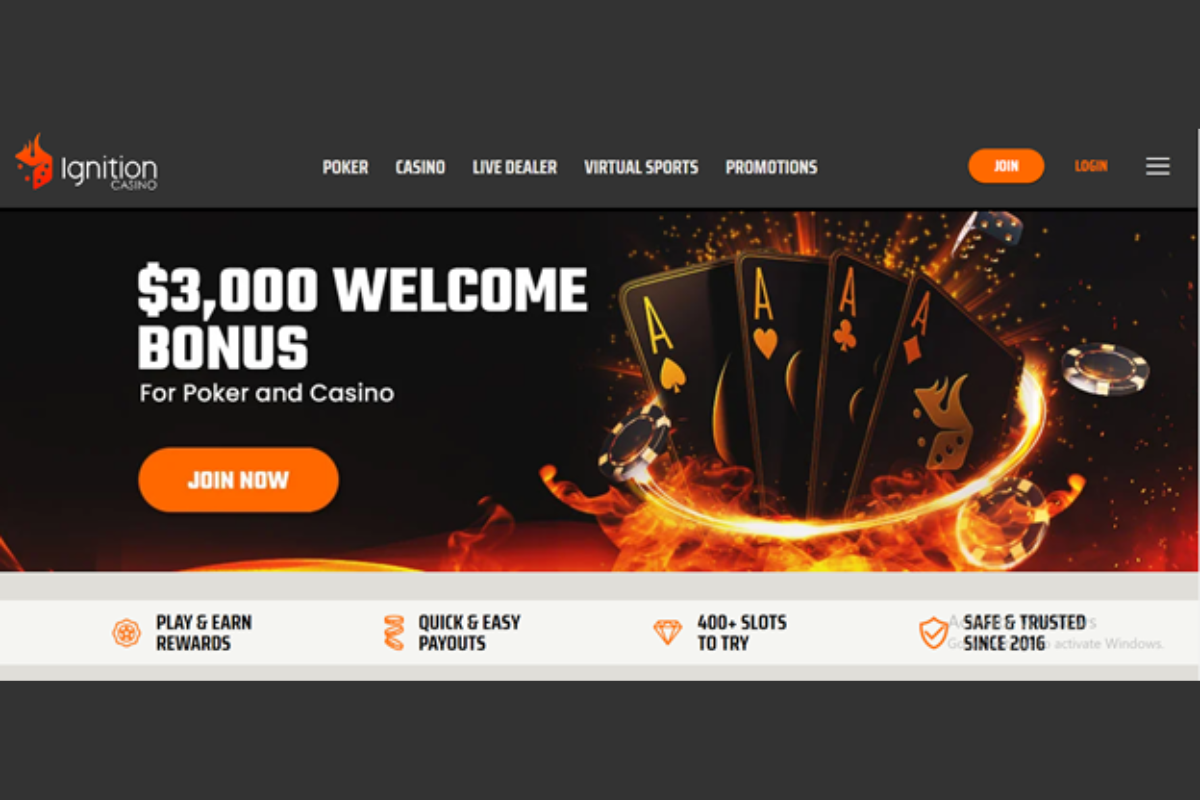Gaming
Mobile gaming needs more talent to power the UK’s tech revival, claims industry expert

Fatih Haltas, founder of mobile game developer Matchingham Games, believes the UK could lose its European tech crown if action isn’t taken by industry and government to attract more investment and talent to the mobile gaming sector.
Haltas set up Matchingham Games in the UK in 2020 to tap into its established tech ecosystem. Since then, the company has grown to over 120 staff members and achieved nearly 500 million installs, but Haltas says mobile gaming developers still struggle to attract the best talent and institutional investment, which is stunting growth opportunities in the sector.
Haltas said: “The UK has done a fantastic job in cultivating a dynamic gaming sector, and we have the infrastructure to truly become a world leader in mobile gaming. We already have the biggest gaming market in Europe, but we must attract more talent and investment from the global giants like the US, Japan, and South Korea.”
Currently, firms can apply for employee sponsorship licences, but these require upfront payment and often come with long administrative processes. Haltas believes removing these financial barriers and offering targeted, streamlined gaming visas would attract crucial investment and talent to drive growth in mobile gaming and the wider UK tech sector.
He continued: “There has been commendable government action for the gaming sector as a whole, like the UK Games Fund and Video Games Tax Relief. Unfortunately, these aren’t targeted for the specific talent challenges in mobile gaming. Young developers are still drawn to the more high-profile console studios and titles.
“The UK’s gaming industry has established foundations and proven growth potential. With some surgical support in talent acquisition, like easing visa requirements for tech graduates from overseas, the industry can be left alone to do what it does best – developing market-leading games. This would lead to a surge of investment into the sector.”
Haltas believes another option available is increasing the Business Asset Disposal Relief (previously Entrepreneurs’ Relief) lifetime allowance from £1 million to its previous ceiling of £10 million, and argues this would encourage companies to relocate to the UK to develop their games and stimulate M&A activity in the sector.
Haltas’ intervention comes in the wake of Drake Star’s latest Global Gaming Report, which shows the UK lagging behind an uptick of M&A activity in the industry (full report).
Q3 saw the biggest strategics, like Tencent and Playtika, consolidating, and Q4 has seen the Activision/Microsoft merger finally close. While many commentators have questioned what the Microsoft deal means for the industry, Haltas insists the lack of M&A activity in the UK highlights how institutional investors don’t take mobile gaming as seriously as other markets.
Haltas continued: “The UK mobile gaming sector often presents more lucrative commercial opportunities than the console and the PC sector, yet investors consider it a second-rate form of gaming. This mindset needs to change.”
In 2022, the global market revenue for mobile games was $91.8 billion dollars; for console games it was only $52.2 billion (statista). Mobile also makes up a larger percentage of total gamers; in the US it’s estimated that 48.3% of the total population are mobile gamers (Insider Intelligence).
The Drake Star Q3 report details 42 deals in the mobile gaming sector, with a value totalling $316 million. Total gaming deals across both console and mobile are concentrated in North America, with 11, and Asia, with 13.
The increase in gaming deal flow in these markets follows the introduction of talent incentives. India’s AVCG incentives provide cash for companies developing content in India, and further support for those employing a 15% Indian workforce (Confederation of Indian Industry). Turkey provides cashback incentives for UA expenditure (Turkish Ministry of Commerce) and the UAE’s AD Gaming initiative provides support for locally developed games (AD Gaming). In a European context, some EU countries offer corporate tax relief.
HSBC Innovation Banking’s ‘Data Commons’ initiative with Dealroom outlines the state of the UK tech industry (full report). Whilst the UK leads the European market, with its startups having raised $8.9 billion so far this year, its European competitors are catching up as investment lags behind the European average.
Haltas believes the UK is now at a disadvantage to other markets and while the government’s recent autumn statement included measures to support British business, he’s calling for sector-specific support targeted at high-growth industries.
Haltas continued: “The UK’s mobile gaming sector now risks lagging behind other markets and while the impetus is on the industry to drive growth, a little push from the government could have knock-on effects that go beyond gaming.
“Bringing in the best talent in one tech sector inevitably attracts the best developers and designers in other areas, and this will be a massive draw for investment into UK tech. The UK’s mobile gaming industry could become a lightning rod of investment and capital, revitalising the wider UK tech ecosystem.”
-

 Interviews6 days ago
Interviews6 days agoHIPTHER Community Voices: Alieu Kamara – Founder and CTO of AmaraTech
-

 Compliance Updates6 days ago
Compliance Updates6 days agoCT Interactive grows its certified portfolio in Romania
-

 Asia6 days ago
Asia6 days agoMetal Genesis Announces “Barrel of a Gun” Song Collab with Priscilla Abby
-

 Latest News7 days ago
Latest News7 days agoSpain and Regulated Innovation: How DGOJ-Licensed Casinos Are Beginning to Integrate Crypto
-

 Latest News6 days ago
Latest News6 days agoFrom gut feeling to game-changer: how AI is rewriting the rules of sports betting
-

 Latest News7 days ago
Latest News7 days agoZITRO TO PRESENT A BOOM OF NEW GAMES IN TORREMOLINOS
-

 Latest News6 days ago
Latest News6 days agoWeek 36/2025 slot games releases
-

 Latest News6 days ago
Latest News6 days agoFlamez – A Fiery New Online Casino Contender from Ganadu

























